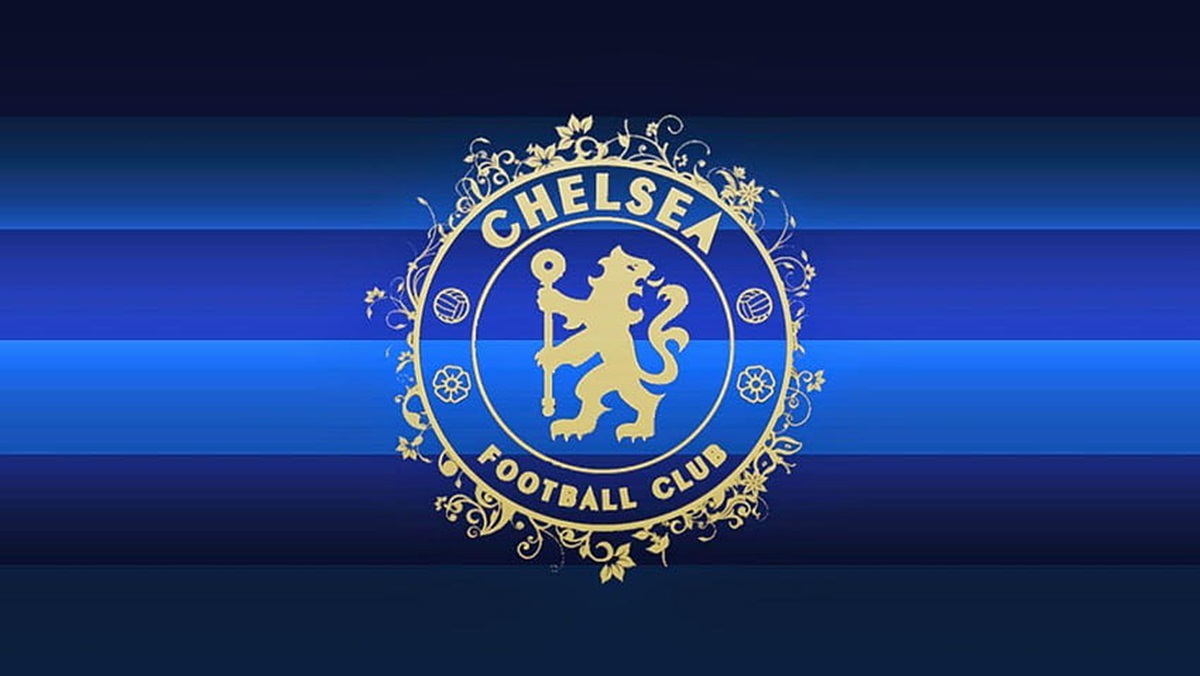
Mauricio Pochettino faces an uphill battle at Chelsea as he struggles to transform the club from an incoherent mess into a cohesive force. The so-called “blue-sky thinking” that has influenced player recruitment at Stamford Bridge has left the manager with a shortage of reliable lieutenants.
Despite Chelsea’s lavish spending, the Carabao Cup, with its modest winner’s pot of £100,000 and a Europa Conference League playoff spot, now holds significance beyond its usual value. The club’s current ownership, known for its financial prowess, must acknowledge that success in football involves more than just monetary investment. To bet on various European tournaments, it is best to use mostbet com.
The quarter-final victory against Newcastle was celebrated with unusual fervor in Chelsea’s post-Abramovich era, hinting at a potential turning point in a season that has been marred by inconsistency. However, a second-leg rescue mission at Stamford Bridge is now essential to salvage something meaningful.
Tactical Struggles and Squad Incoherence
The comparison between Pochettino’s tenure at Tottenham, where reaching the League Cup final endeared him to fans despite a loss to Chelsea, and his current stint at the Blues reveals a stark contrast. The charismatic and chest-beating mystic of White Hart Lane is yet to make his presence felt at Stamford Bridge. At the Riverside, Pochettino appeared unimpressed, mirroring the discontent of the away fans.
The challenge at Chelsea is compounded by the incoherence within the squad, where recruitment seems to prioritize accounting principles over team-building. Pochettino finds himself accountable to a room full of sporting directors and venture capitalists, each contributing their own brand of blue-sky thinking. The traditional structure, where Daniel Levy was the sole figure to answer to at Spurs, has been replaced by a complex hierarchy.
Pochettino’s reliance on unproven players on long contracts further complicates matters. Apart from trusted figures like Cole Palmer, Thiago Silva, and Raheem Sterling, the manager struggles to find reliable lieutenants. Injuries have not been kind, and the absence of key players like Christopher Nkunku adds to the challenges. The club’s talent pool lacks the depth and quality seen in its successful years.
The incoherence is evident both in attack and defense, as highlighted in the recent match against Middlesbrough. The makeshift arrangements, such as Palmer playing as a false No 9, and the aging Silva struggling to keep up, expose the team’s vulnerabilities. Defensive lapses from players like Levi Colwill and questionable midfield cover raise concerns about the team’s ability to handle counterattacks.
Defensive Vulnerabilities and the Middlesbrough Contrast
As Chelsea faces Middlesbrough, a club reminding everyone that success is not guaranteed indefinitely, the stark contrast between the two teams becomes apparent. Chelsea, once dominant, is now grappling with uncertainty, while Middlesbrough, though owing Chelsea a debt from past encounters, showcases resilience and adaptability.
In contrast, Michael Carrick’s Middlesbrough, despite facing numerous challenges including injuries to key players, demonstrates admirable resilience. Carrick, a former member of England’s 2006 World Cup squad, stands out as a talented coach, receiving faith from the chairman, Steve Gibson, for his coaching abilities.
Ultimately, Pochettino realizes that building a cohesive team requires more than just financial investment. It demands strategic planning, player development, and a focus on the fundamentals of football. As Chelsea navigates a turbulent season, Pochettino faces the formidable task of transforming the club’s fortunes and restoring it to its former glory.
Game on! Track the buzz in football, tennis, Cricket, and more in PanAsiaBiz's Sports section.
From pitch to court and ring to track, PanAsiaBiz brings the action closer.

